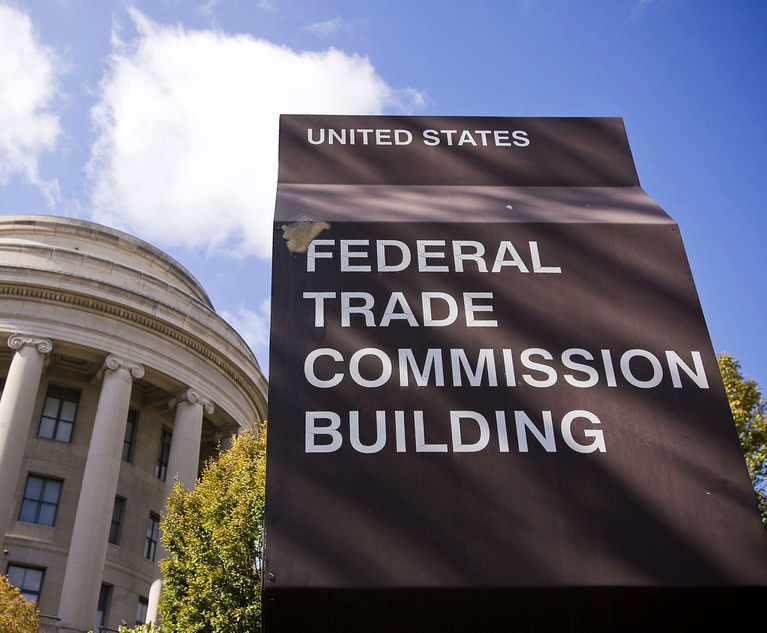Building upon its aggressive stance on merger enforcement, in its hearing on July 21, 2021, the Federal Trade Commission voted 3-2 along party lines to rescind its 1995 policy statement, which had limited the Commission’s use of “prior notice” and “prior approval” provisions in merger clearance settlements. Although prior notice provisions only require companies to give the FTC advance notice of future transactions, prior approval provisions are much more burdensome, effectively forcing companies to proactively show that a transaction would not reduce competition. The 1995 policy itself revoked a prior FTC policy requiring merging parties, as a condition of FTC approval of a particular merger, to agree in merger settlements to provide the Commission with prior notice of, and obtain prior Commission approval for, all future transactions above a de minimis value in the same product and geographic markets for the next ten years. See Press Release, “FTC Acts To Reduce Prior-Approval Burden on Companies in Merger Cases” (June 22, 1995). Looking ahead, the reimplementation of such provisions in merger settlements may have the potential to have a chilling effect and unforeseen consequences for any company even contemplating a merger.
Background and the 1995 Policy Statement
The FTC uses merger clearance settlements, also called consent decrees, to stipulate the terms by which it will allow parties to close a proposed merger. Generally, these settlements describe the assets that the parties agree to divest and the terms of such divestiture. The 1995 policy statement announced that the FTC would no longer, as a matter of course, include provisions in its merger clearance settlements requiring the settling parties to receive prior approval from the Commission for future transactions in the same market.


 U.S. Federal Trade Commission building in Washington, D.C. Photo: Diego M. Radzinschi/ALM
U.S. Federal Trade Commission building in Washington, D.C. Photo: Diego M. Radzinschi/ALM




